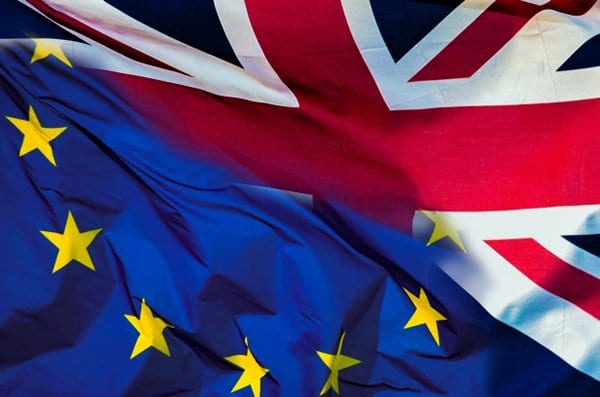
Editor: Philip Ragner | Tactical Investor
Brexit: Why Britain Voted to Leave the European Union
The Brexit referendum in June 2016 was a historic event that shocked the world when the United Kingdom voted to leave the European Union. The book, based on a wealth of survey evidence collected over ten years, reveals that this vote was the result of long-term trends in domestic politics and the UK’s relationship with the EU. The book examines why most people chose to vote for Brexit despite opposition from the national and international community. It analyses changes in the UK’s party system, including the rise of UKIP, and the dynamics of public opinion during a divisive referendum campaign. The book also explores the factors that influenced how people voted and predicts the economic and political impact of this decision.
The book is accessible to general readers, students, and academics, combining theoretical and methodological rigour with clear storytelling. It offers a balanced critique of existing post-referendum commentaries, challenging the stereotypes that emerged during the referendum campaign from both sides. Additionally, the book investigates the key factors that led to the Brexit vote and how these factors evolved in the months and years leading up to the referendum. Full Story
Brexit negotiations likely to be contentious-Farage’s response to the EU’s Gestapo actions
Why Britain voted to Leave (and what Boris Johnson had to do with it)
There is a disagreement among Leavers about whether the primary motivation behind the Brexit referendum was immigration or concerns about Britain losing its sovereignty to the EU. Harold D. Clarke, Matthew Goodwin, and Paul Whiteley’s new book draws on extensive data from over 150,000 voters to examine the factors that led people to vote Leave.
The authors found that a complex mix of calculations, emotions, and cues influenced the decision, but immigration and the personal appeal of Nigel Farage and Boris Johnson to different groups of voters were significant factors.
As Britain approaches the one-year anniversary of the Brexit vote, there is still no clear consensus on the reasons behind the majority vote to leave the EU. Some believe that it was due to concerns over national sovereignty, while others point to a group of economically disadvantaged voters who felt left behind. Additionally, immigration was another hot-button issue during the campaign. The authors of the book, Brexit: Why Britain Voted to Leave the EU, analyzed data from representative national surveys conducted over 12 years, which included a panel design just before and after the Brexit referendum. These data provide unprecedented insight into the factors behind the Brexit vote. Full Story
Other Articles of Interest
Technica analysis of Stock Trends; Why both Technical Analysis & Fundamentals fail (April 8)
Stock Market Trends-Is the Stock Market Heading for a Crash? (April 4)
Political Polarisation: Trump-Brexit win Polarisation Grips Financial advisers (March 31)
War Between the U.S. & China will Destroy World Economy (March 24)
Should you fear Stock Market Crashes -Video (March 24)
Why you should not be worried about a stock Market Crash Video (March 19)
The scary Stock market crash that experts are overhyping (March 15)
Stock Market Crash 2017 or Continuation of Bull Market Video (March 15)
Fanaticism-Stock Market Crash 2017 or Continuation of Bull Market (March 15)


